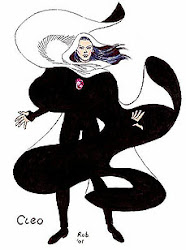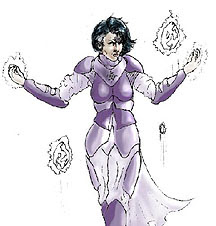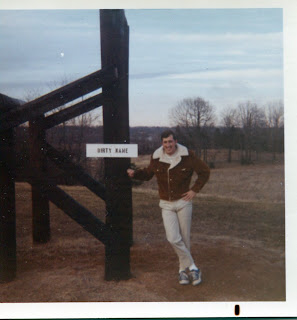About This Blog ~ This blog is about a series of Gay, Lesbian, Bisexual, and Transgender (GLBT) super-hero, sci-fi, fantasy adventure novels called Rainbow Arc of Fire. The main characters are imbued with extraordinary abilities. Their exploits are both varied and exciting, from a GLBT and a human perspective. You can follow Greg, Paul, Marina, Joan, William, and Joseph, as well as several others along the way, as they battle extraordinary foes or take on environmental threats all around the globe and even in outer space. You can access synopses of the ten books using the individual links on the upper, left-hand column.
The more recent posts are about events or issues that either are mentioned in one or more books in the series or at least influenced the writing of the series.
Wednesday, June 27, 2012
Greg & Daylin, Ann Arbor, MI, January 1973
Tuesday, June 26, 2012
Lida, Mike & Greg, December 23, 1972
Greg & Ann at Mike's wedding, December 23, 1973
Christmas 1972, 8940 Cypress Avenue
Saturday, June 23, 2012
Maine, Beyond Quantico
Maine, Beyond Quantico
Although time-lengths of light
may be the barrier of our physical dip
into the outer darkness,
will we recognize alternate escape for the coming end?
In the woods of the world,
colorless motion angles through muted green chimes,
easing leaves down the levels of gravity's shelves.
With the full of the sun,
will our falling settle when to await?
And will charred cells remember
and never suffer with their ringing stalks--
all forgotten in the way of frozen liquid?
Should ice ever disengage, and a thaw retain,
then we may find us up reversing roots
that catch a cycling earth in time
to repeat.
Thursday, June 14, 2012
Quantico Generations, before nova
No,
none of the destruction yet from this earth,
not even the cloudy bursts of bright heat,
will vanish every remnant.
At least rubble, rubble remains
for Tracers to complain about the uneasy effort.
But the Sun that powered a time of creating
will at last sear molten across the fertile, turning substance,
making a seal of the versatile surface.
When the furnace dwarfs,
leaving a dark, frozen finish,
the hardened thorough mix
shall never again yield up anything former.
The globe may too slowly wander without rest
with only blackened edges of the universe
as a wreath upon the tomb.
And surely it will again lack spokesmen
to say how it once appeared.
Greg at the "Dirty Name" on the confidence course
Greg atop wall on obstacle course, January 1973
Wednesday, June 13, 2012
John Robertson on the obstacle course, January 1973
Tuesday, June 12, 2012
Marine OCS, Quantico, VA, Spring 1972
Marine OCS Barracks, January 1973
Marine OCS, Quantico, VA, March-May 1972
Those of us candidates from the Los Angeles area flew on an American Airlines 707 red-eye to Dulles, stretching out in the several available rows while trying to sleep as best we could. We bundled into a single cab at the airport and headed to Quantico.
Officer's Candidate School, Marine Corps Base, Quantico, VA, April 1972
Second Row: Kramer, Jim Schloss, John Robertson, Wilson, Greg Sanchez, John Ormbreck, Jerry Moore, Ken Zebal, Olsen
Third Row: Jim Mullen, Walczak, Laviglio, Smith, Stuart, Darwin Newlin, Raese, Kent Nix, Anderson, Fitzgerald, Langdon
Bottom Row: Lt. Nickle, Tourek, Moffatt, Dennis Zito, Campomenosi, Hudnall, Unknown, Delacroce, Sgt. Blazer, Sgt. Williams
Not pictured: Palms, Kelly Stage, and one unknown from California
B Company, 1st Platoon














































